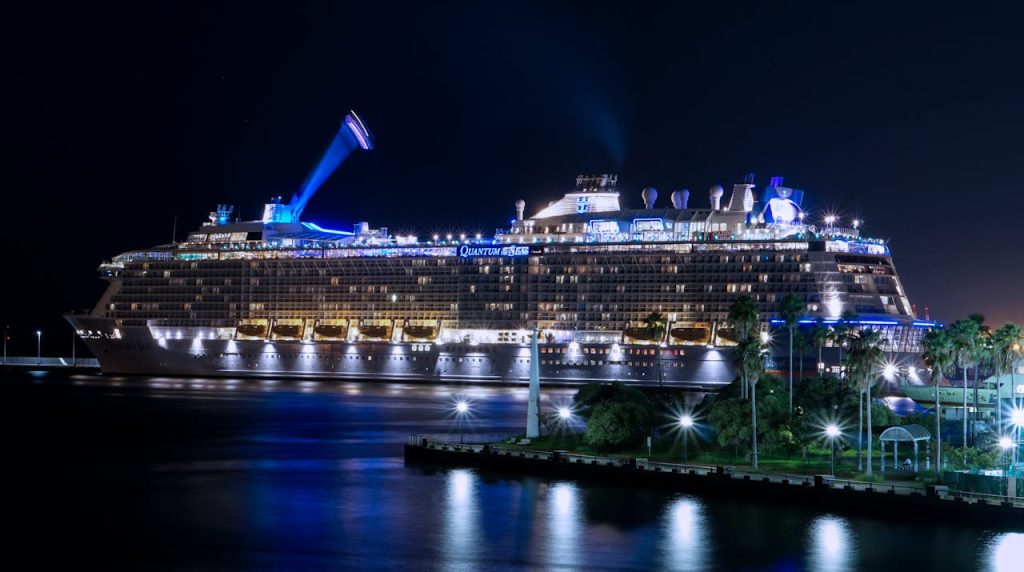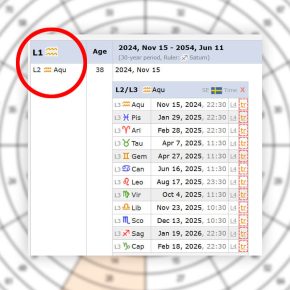If you’ve ever taken an elevator on a cruise ship, you may have noticed something odd. The buttons go from deck 12 straight to deck 14. There’s no deck 13 in between.
That’s not a design mistake. Most cruise ships intentionally skip the number 13, and they’ve been doing it for decades. The reason isn’t technical or nautical. It’s superstition.
For centuries, the number 13 has been labeled unlucky. Cruise lines know that even passengers who claim not to believe in superstition might hesitate when assigned a cabin or deck tied to a number with a bad reputation. Skipping it entirely avoids discomfort, second thoughts, and last-minute complaints.
Why 13 Has a Reputation for Bad Luck
The fear of the number 13 even has a name: triskaidekaphobia. Its roots go far back, long before modern cruise ships existed.
In Norse mythology, a dinner of twelve gods turned disastrous when Loki arrived as the thirteenth guest. His presence led to chaos and the death of Baldur, the god of light.
In Christian tradition, Judas, who betrayed Jesus, was the thirteenth person at the Last Supper. The crucifixion is also tied to the 13th day of the month of Nisan.
In parts of medieval Europe, thirteen was associated with witchcraft, gallows, and punishment. Sailors, already known for their strong superstitions, absorbed these ideas quickly.
When hotels and office buildings later began skipping the 13th floor, cruise ships simply followed the same logic.
It’s Not Just About Deck Numbers
Avoiding the number 13 on cruise ships goes beyond decks.
- Many ships skip cabin number 13 altogether. Cabin numbering jumps from 12 to 14, just like the decks.
- Some dining rooms avoid labeling a table as number 13, especially on formal nights or in main dining halls.
- A few cruise lines are cautious about scheduling launches or major events on Friday the 13th, while others treat it like any ordinary day.
This isn’t about fear controlling operations. It’s about minimizing friction. If avoiding one number keeps passengers relaxed and comfortable, cruise lines see no downside.
Cruise Ships Aren’t Alone

Cruise ships are far from the only industry doing this. Many airlines skip row 13 on airplanes. Hotels around the world avoid labeling a 13th floor. Even hospitals and office buildings often follow the same pattern. It’s a design choice shaped by tradition and customer psychology, not by any belief that the number itself causes harm.
What About the Titanic and Deck 13?
There’s a long-standing rumor that the Titanic had a deck 13 and that this somehow sealed its fate. That story isn’t true.
The Titanic had eleven passenger decks, plus the boat deck. No deck 13 existed. The disaster resulted from human decisions, technical limitations, and environmental conditions, not numerology.
Why the Missing 13 Still Matters Today
Being at sea already puts people outside their comfort zone. You’re far from land, surrounded by open water, relying on systems you don’t control. Small design choices that reduce anxiety matter more in that environment than they might on land.
Skipping deck 13 costs cruise lines nothing, yet removes a psychological barrier for some passengers. That’s why the tradition survives.
There’s no curse attached to the number 13 and no danger hiding between decks 12 and 14. It’s simply a number that gathered centuries of stories, fears, and cultural baggage.
By leaving it out, cruise ships make the journey feel smoother, lighter, and easier to enjoy. And most passengers never miss what was never there.












